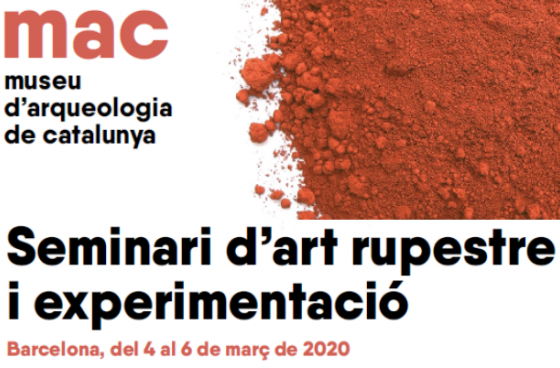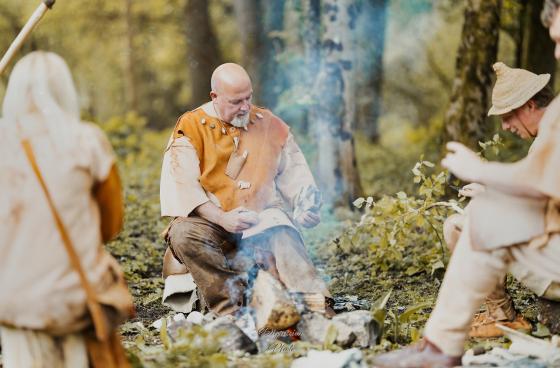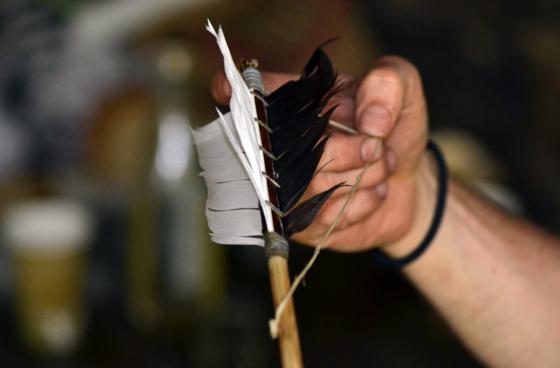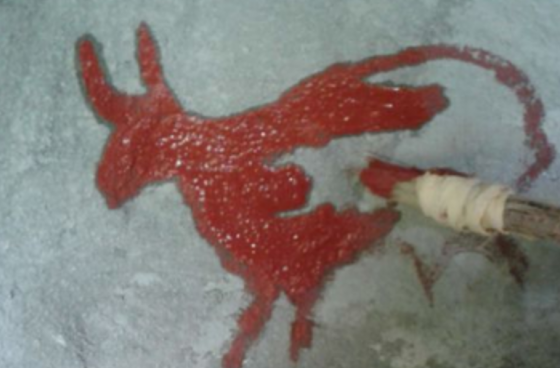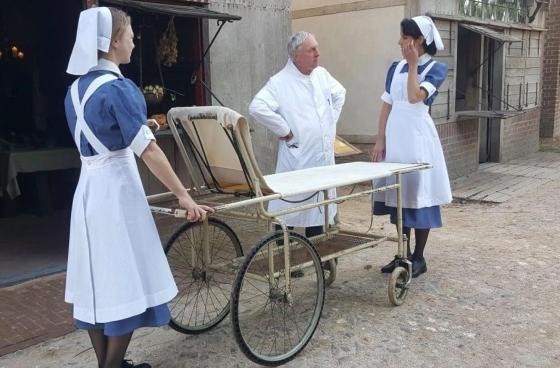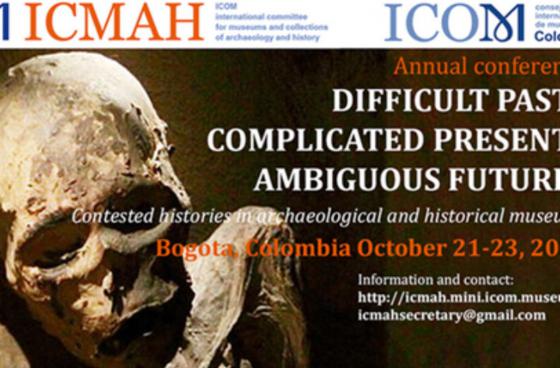Palaeolithic
Workshop Skin Tanning
Country
- the Netherlands
Op deze 3 daagse workshop ga je zelf aan de slag om van een rauwe reeën huid een prachtig stuk leer te maken, ook wel Buckskin genoemd. We gaan het hele proces stap voor stap met je door; van ontvlezen tot het uitroken van de huiden.
Narratives - Long Story Short
Country
- Germany
Annual Conference of ICOM MPR
The International Committee for Museum Marketing & Public Relations of ICOM announces its annual conference in 2020 in Kassel and Berlin.
-> Call for Proposals is open
21-23 September 2020 in Kassel
24-26 September 2020 in Berlin
Introduction
Rock Art and Experimentation Seminar
Country
- Spain
Rock art and experimentation seminar
Bridging Ages - 16th Annual Conference
Country
- Turkey
#exact dates TBC
Topic: Engagement in Environment and Local Community
The Time Travel Method in Education, Tourism and Local Development
Prehistoric Feast
Country
- France
Flint cutting, cooking, ceramic, metal and wood crafts, development of weaving...
The program of prehistoric festivals is part of a process of archaeological experimentation and allows you to glimpse the daily life of prehistoric men.
Ancestral Bow making Course
Country
- Switzerland
COURSE IS FULL - NEW DATES IN OCTOBER WILL FOLLOW
Content of the Course:
From Mammoth to Weaving
Country
- Italy
An Easter Monday will be spent, as usual, in the open air. At Livelet you will find a magnificent lawn by the lake for your picnic and many activities dedicated to the family. On reservation it is also possible to use one of our barbecues.&nbs
Barely Scratching the Surface: An Experimental Approach to Engraved Magdalenian Plaquettes
Health Weekend
Country
- the Netherlands
Health and beauty are inextricably linked. People have known that as long as they exist. During this weekend, Museum Park Archeon will show how people, from prehistoric times to the 21st century, deal with the care and well-being of their bodies.
ICMAH 2020
Country
- Colombia
In the last few years, ICOM and its members have reflected upon the following difficult issues. In 2017 the subject for the international museum day was Contested histories: Saying the unspeakable in museums, and this year it is going to be Museums for equality: Diversity and Inclusion.


